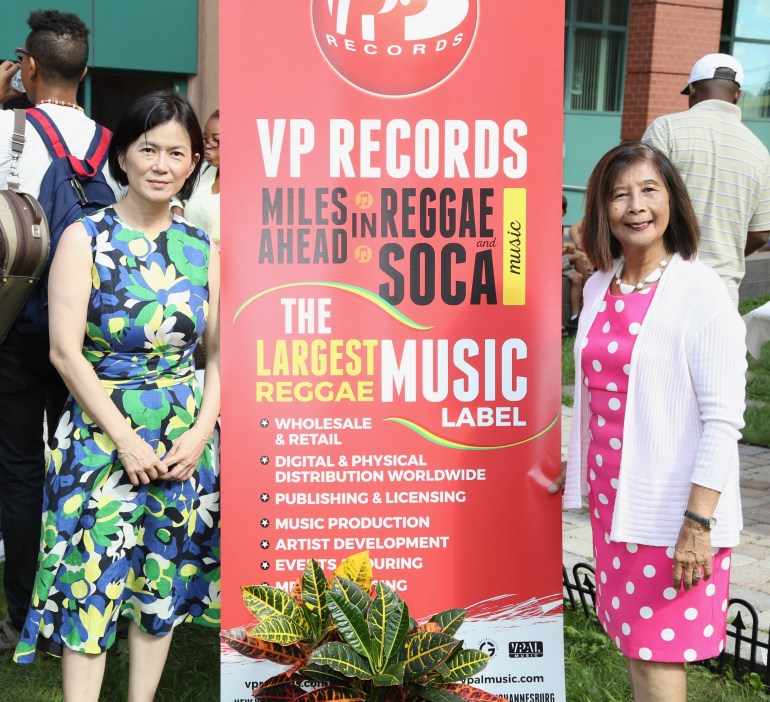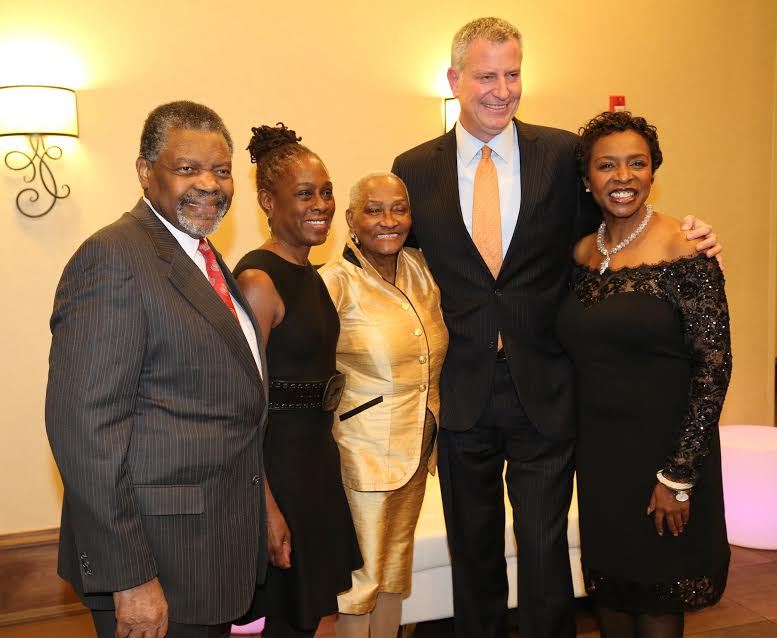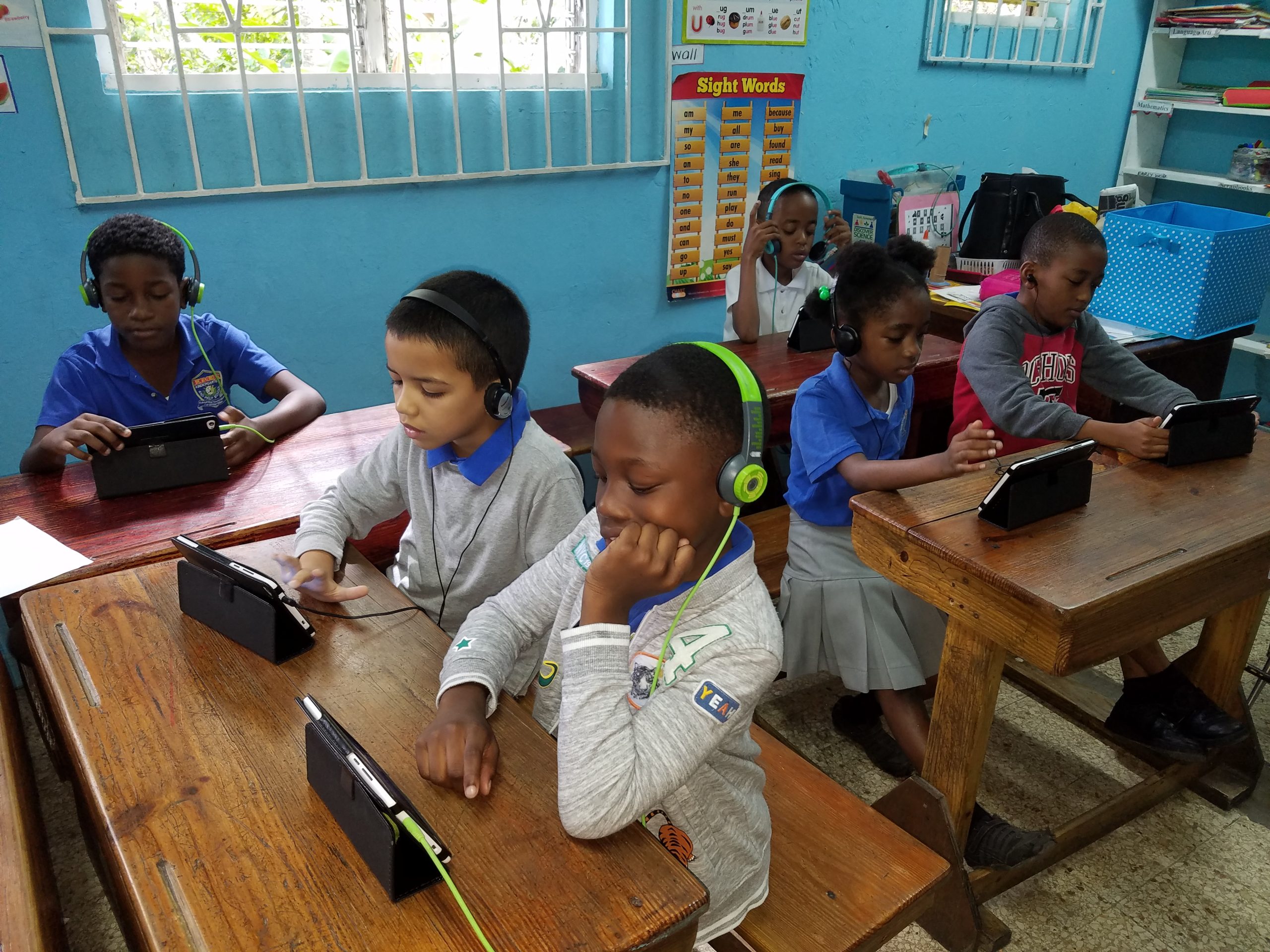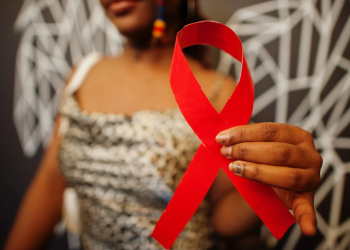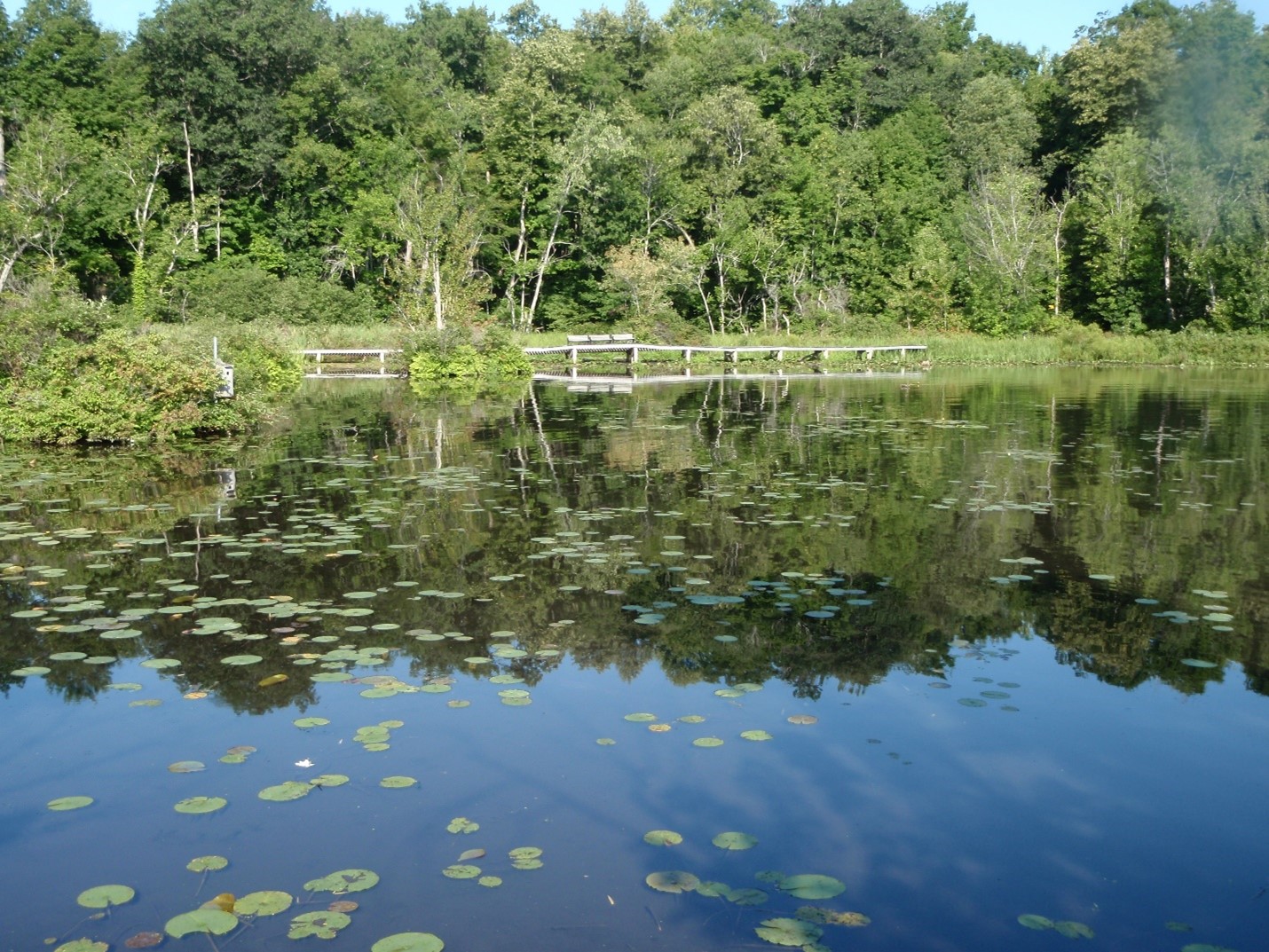 The Need to Have Mandated and Incentivized Sustainability Practices to protect New York State Fresh Water Sources, Tidal Waters and Green Spaces
The Need to Have Mandated and Incentivized Sustainability Practices to protect New York State Fresh Water Sources, Tidal Waters and Green Spaces
Some of New York State’s most important environmental assets include our beautiful coastal and tidal water areas, our fresh-water lake and river systems (including massive watershed basins) and our designated and protected green spaces throughout the State. But our natural resources and environmental assets are in danger. To protect them, we must have mandated and incentivized sustainability practices. Sustainability is necessary and essential and, as I have said before, without sustainability, you cannot have social equity.
Of course, sustainability practices must be evidence and science based. Without a solid and true scientific foundation, sustainability practices will not create sustainability. Indeed, likely, the opposite will be created (which is often the unfortunate result of social and environmental policies that are not science-based). To create science-based sustainability practices, we must first make an assessment of crucial environmental assets and rank those assets in terms of importance and their interconnectedness. Then we must measure, identify and deeply understand the change-flows that result from how modifications to one area of the system actually impact — and can potentially impact — the system as a whole and impact discrete parts of the system. From there, we must systematically catalog and list vulnerabilities to the system while also identifying any and all mutually reinforcing strengths of the system.
For example, we can pinpoint specific system vulnerabilities including generalized man-made threats (such as urban sprawl), specific man-made threats (such as site-specific pollution discharges) and natural hazards (such as storm erosion of coastal areas). The foregoing provides a framework for defining which geographic areas can sustain growth (and how much) and which areas should be protected.
In addition to being evidence and science based, sustainability programs, policies and practices must be holistic in approach, taking into account:
- The current needs for community and economic growth
- The future needs of all communities
- The impact of growth on various segments of the community, particularly those that have historically been denied a fair and equitable share of community and economic growth
- Differential community access to growth because of historically created and reinforced differential access to environmental resources and assets
- The impact of growth on environmental resources and assets
- Macro community-based strategies and micro individual-based practices ensuring that current and future growth can be equitably sustained
- And more
 From all of this, we can articulate and promulgate sustainability programs and policies generally and then draft specific sustainability practices. In turn, the programs, policies and practices can be mandated or incentivized (or both). Incentivized practices are preferable since cooperative and collaborative practices are internalized and self-perpetuating, but, mandated practices are required too.
From all of this, we can articulate and promulgate sustainability programs and policies generally and then draft specific sustainability practices. In turn, the programs, policies and practices can be mandated or incentivized (or both). Incentivized practices are preferable since cooperative and collaborative practices are internalized and self-perpetuating, but, mandated practices are required too.
Examples of practices that might support and encourage sustainability include:
- Continue efforts to preserve open spaces and sensitive ecological areas from development
- Encourage re-development of already developed spaces instead of allowing sprawl
- Encourage and mandate remote working, in whole or part, thereby de-emphasizing commuting and thereby preserving labor and resources
- Encourage urban farming and animal husbandry
- Encourage use of “edible” landscaping in urban areas — such as fruit trees in addition to traditional shade trees — and encourage actual consumption
- And more
Find Out More from a New York State Cannabis Attorney
For more information, contact Special Advisor and Strategic Consultant for The Mary Jane Consulting Group, Michelle Fields Esq. With more than 17 years of litigation experience and a focus on New York Cannabis Law, with a special commitment to Empowerment, Equity, and Equality. You can read more about these issues here and contact me at 718-400-6143.








